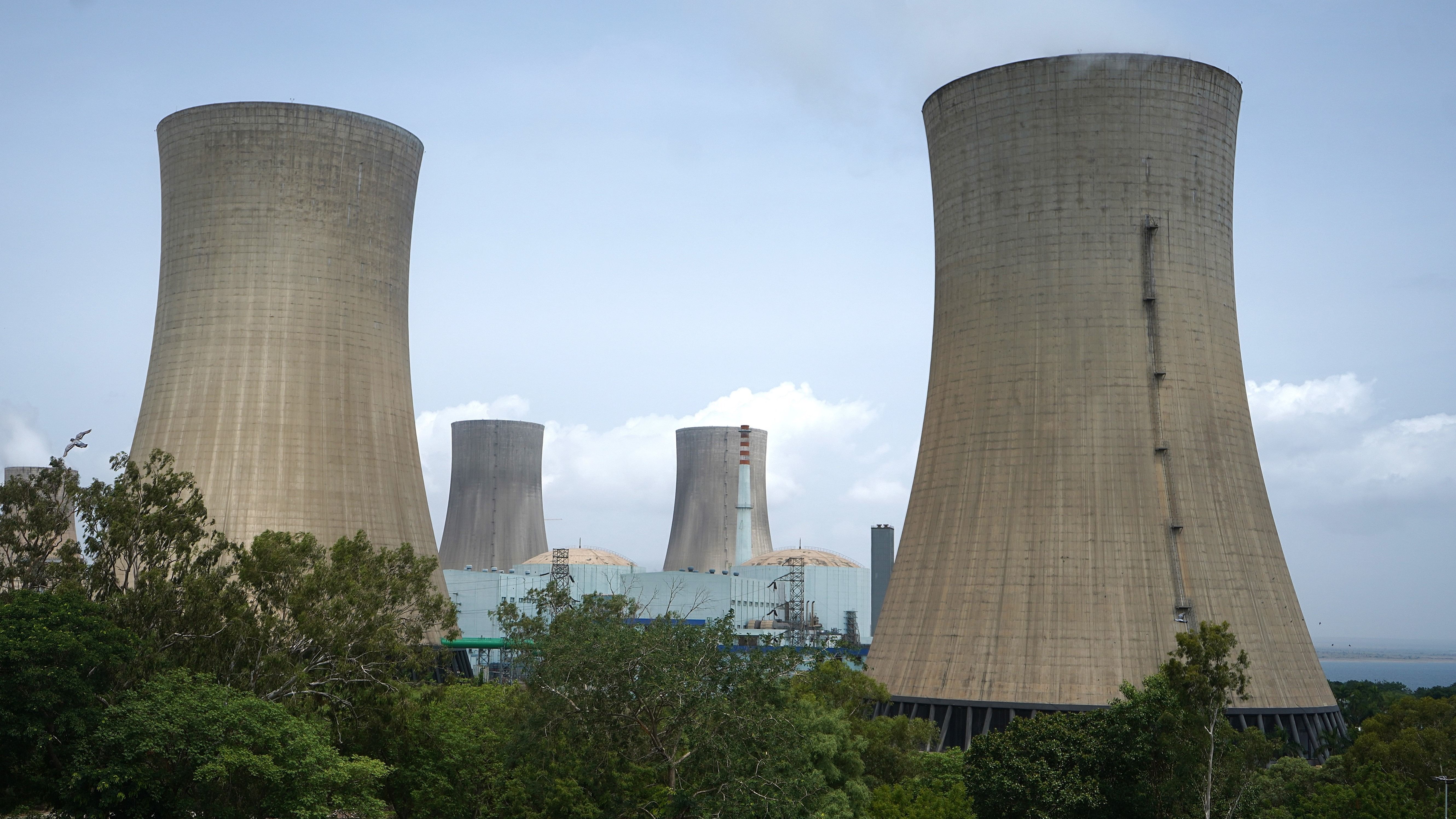
South Africa should look to India as it seeks to address its energy crisis, particularly electricity, a senior policy researcher said as he focused on nuclear energy and the involvement of the private sector in atomic energy.
Credit: Special arrangement
Johannesburg: South Africa should look to India as it seeks to address its energy crisis, particularly electricity, a senior policy researcher said as he focused on nuclear energy and the involvement of the private sector in atomic energy.
South Africa should look at how its BRICS partners were dealing with similar issues, Redge Nkosi, executive director and head of research for energy, banking and macroeconomic policy at the Centre for Alternative Political and Economic Thought, wrote while sharing his views in the daily Business Report here and singled out India’s plans.
“India, a BRICS member State, the most populous nation in the world having overtaken China and the fifth largest economy, is expected to build more than 18 nuclear reactors with 13.8 GW of capacity by 2032 to add to its energy mix, as announced by Indian Prime Minister Narendra Modi,” Nkosi wrote.
He said that this would be financed by state public banks and domestic commercial banks, with the Indian Reserve Bank well engaged in this national task.
“Of course, some bit of foreign aspects of it are included. India practices yield control, making debt reasonably priced. This is the way for a developing country that has a national interest as its guiding rod,” Nkosi said as he reflected on the announcement by India’s Finance Minister Nirmala Sitharaman during her 2024-25 budget earlier this week that the private sector would be involved in atomic energy.
“This is the first time in India’s history. But India is not uninformed about such involvement of the private sector,” Nkosi said and cited a detailed paragraph from India’s budget document on nuclear development.
Nkosi said the Indian scenario of public-private partnership could become a case study for Minister of Electricity Kgosientso Ramokgopa and the South African Treasury.
“Most importantly, how (India) uses its macro levers to lower energy costs is of interest here and has cost and pricing implications for industry and the people,” the researcher said as the South African government faces huge public outcries about a massive hike in prices of electricity by municipalities service by state-owned sole electricity supplier Eskom.
“South Africa should urgently look at its BRICS counterparts on how they manage their energy diplomacy, which does not compromise their national interest nor antagonise their private sector,” Nkosi advised.